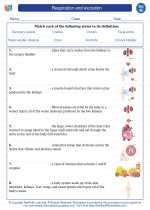Cardiology: The Study of the Heart
Cardiology is the branch of medicine that deals with the study, diagnosis, and treatment of disorders of the heart and blood vessels. It is a fascinating field that encompasses a wide range of topics, from the structure and function of the heart to the various diseases and conditions that can affect it.
Topics to Cover in Cardiology
- Anatomy of the Heart
- Heart Function
- Cardiovascular Diseases
- Diagnostic Tools in Cardiology
- Treatment and Interventions
Anatomy of the Heart
The heart is a muscular organ located in the chest, slightly to the left of the midline. It is divided into four chambers: the left and right atria, and the left and right ventricles. The heart is also composed of various valves, arteries, and veins that play crucial roles in the circulation of blood throughout the body.
Heart Function
The heart's primary function is to pump blood throughout the body, delivering oxygen and nutrients to the tissues and removing waste products. This is accomplished through a series of coordinated contractions and relaxations of the heart muscle, known as the cardiac cycle.
Cardiovascular Diseases
Cardiovascular diseases are conditions that affect the heart and blood vessels, such as coronary artery disease, heart failure, arrhythmias, and congenital heart defects. Understanding the causes, symptoms, and treatments of these diseases is crucial in the field of cardiology.
Diagnostic Tools in Cardiology
Cardiologists use a variety of diagnostic tools to assess the function and health of the heart, including electrocardiograms (ECG/EKG), echocardiograms, stress tests, and cardiac catheterization. These tools help in the evaluation and diagnosis of heart conditions.
Treatment and Interventions
Treatment options in cardiology range from lifestyle modifications and medications to surgical interventions such as angioplasty, bypass surgery, and heart transplants. Understanding the appropriate treatment for different cardiac conditions is essential for cardiologists and healthcare professionals in this field.
Study Tips for Cardiology
- Review the anatomy and function of the heart in detail.
- Understand the pathophysiology of common cardiovascular diseases.
- Familiarize yourself with the different diagnostic tests and their indications.
- Learn about the latest advancements in cardiology research and treatment options.
- Practice interpreting EKGs and other cardiac imaging studies.
◂Science Worksheets and Study Guides Eighth Grade. Respiration and excretion

 Worksheet/Answer key
Worksheet/Answer key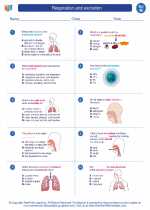
 Worksheet/Answer key
Worksheet/Answer key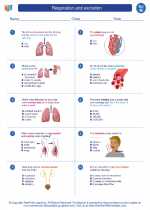
 Worksheet/Answer key
Worksheet/Answer key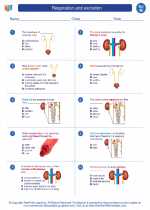
 Vocabulary/Answer key
Vocabulary/Answer key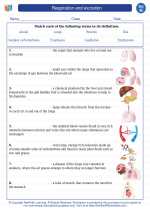
 Vocabulary/Answer key
Vocabulary/Answer key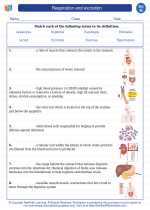
 Vocabulary/Answer key
Vocabulary/Answer key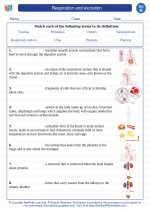
 Vocabulary/Answer key
Vocabulary/Answer key